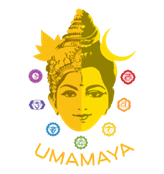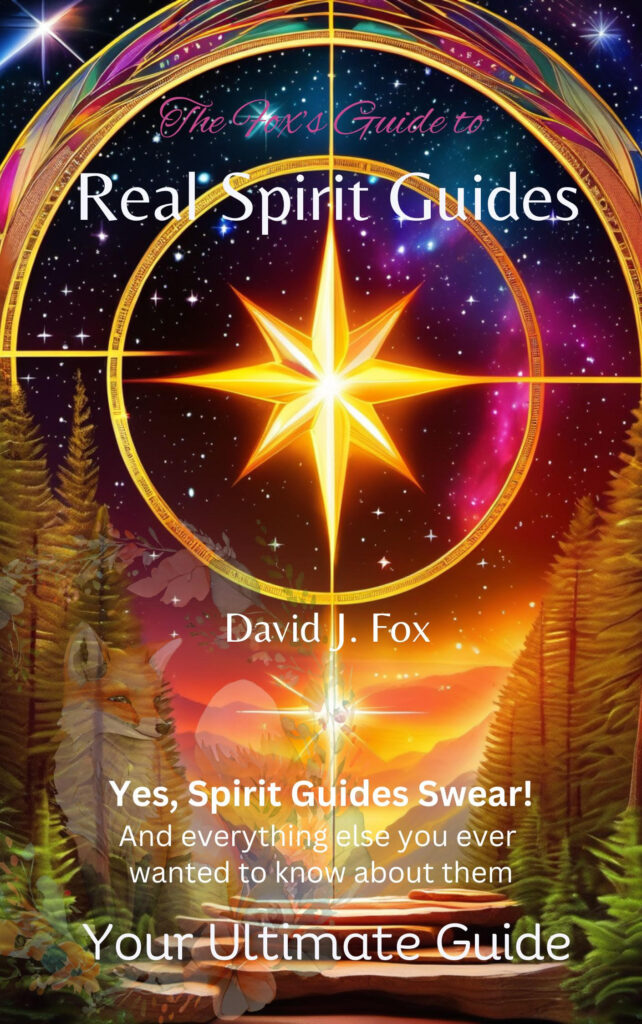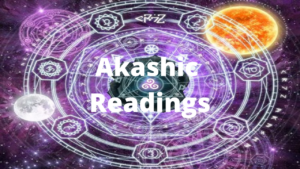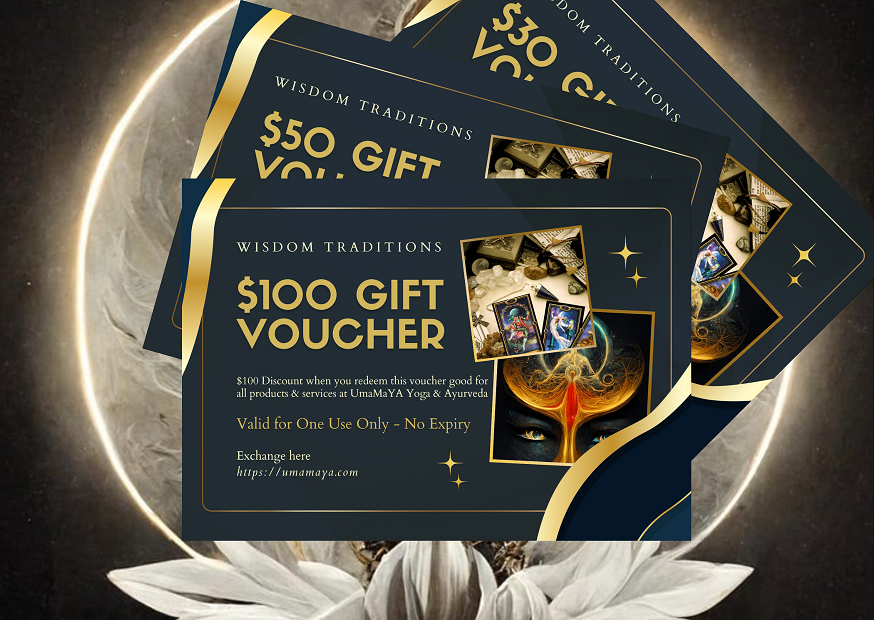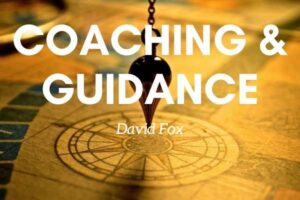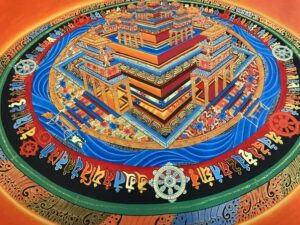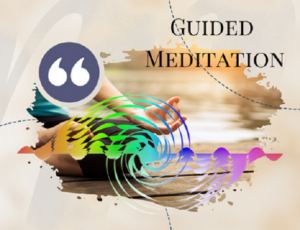We’re living in a time when words are getting mangled by memes, sound bites and a lack of will to get our hands dirty by digging under the surface. Definitions are arbitrarily assigned and meaning has become almost entirely dependent on personal experience. The investigation and contemplation of reality however is not a pursuit new to the modern day.
No matter the field of interest, be it Tantra or Yoga, Shamanism or Aristotelian Metaphysics, philosophers seeking to understand reality do so by asking precise questions.
Ontology refers to questions concerning the fundamental nature of reality and existence itself.
Epistemology concerns itself more importantly with the question of how we know anything in the first place and how we can test what we think we know.
Phenomenology questions the nature of conscious experience and whether the content of our personal experience gives way to enduring truth.
Of the three pursuits to real knowledge mentioned above, the question of how we might investigate what we know, and whether there is even such a thing as certain knowledge should be of primary concern as it is foundational to all other lines of inquiry. This question, as it relates to Tantra and Yoga Philosophy is explored in depth by the scholar-sage Abhinava Gupta in his Essence of the Tantras wherein he tells us:
“The process of creative contemplation or holistic meditative inquiry (bhavana-krama) that leads to experiential knowing of reality is based on these three supports:
- Sound and careful reflection on your experience (sat-tarka)
- The guidance of a great teacher (sad-guru) who is skilled in meditative enquiry and has attained its fruit
- The wisdom of the scriptures (sad-agama)
When these three have come together in agreement, we know that we have arrived at truth.”
Abhinava suggests that just one or two of the above is not enough for us to be absolutely certain of our conclusions, a certainty that cannot be gained only by direct perception and inference for the primary reasons that perception will immediately be colored by our interpretation of the former and the inherent limitation of the latter viz. where there is smoke there is not necessarily always fire and a confirmation mechanism needs to be in place.
A hallmark of Indian philosophy is the willingness to remain open to possibility particularly when faced with the vastness of the eternal underscoring the view of unity consciousness, and one of the issues we face with the direct experience argument for certain truth is found in the conclusions we are tempted to draw however logically invalid. Hence Abhinava’s system of checks and balances in answer to the common trigger defenses of “my experience and my truth.” Recall that Abhinava lists experience first in the process of attaining to truth, however with the understanding that the conclusions inferred from said experience will necessarily be invalid until unless corroborated by trustworthy sources of the highest integrity.
Scripture is scholarly work and exists as a representative of and for the good of the community. And just like all scholarly and academic endeavor, all are not of equal caliber and some fall squarely in the realm of the impractical. Yet other bodies of wisdom, transmitted and copied for centuries or eons, updated and refined for alignment with modern culture, actually serve to protect from the rogue teacher who serves up their own unique perspective as if it were universal and thereby lead an unsuspecting truth-seeker down untrodden paths wherein dangers may lay or worse, far away from the goal. Scriptures, like good scholarly work, are presumed to have been written by masters of the field and yet they are still held to account by the other two checks on Abhinava’s list viz. personal experience and the great teacher who will serve to save you from your own off-the-wall interpretations of your experience.
There is a harmony at work in this co-operation of checks and balances, a vital symbiosis that results in the attainment of knowledge that we might be certain of and build our lives with. Tantra is not only a set of practices or a collection of knowledge bites, but a living, breathing way of life itself that we embody and blossom with in accordance with the depth of our own recognition of its wisdom.

…is a Saiva Tantrika, Gyana Yogi and founder of Uma Maheshwara Yoga & Ayurveda. David has an MA in Semiotics, lives in Japan with his family and works as a coach in L & D, devoting his time to developing science-based tools and programs that help people reach the fullest potential of the human condition.
Discover more from REAL YOGA
Subscribe to get the latest posts sent to your email.
